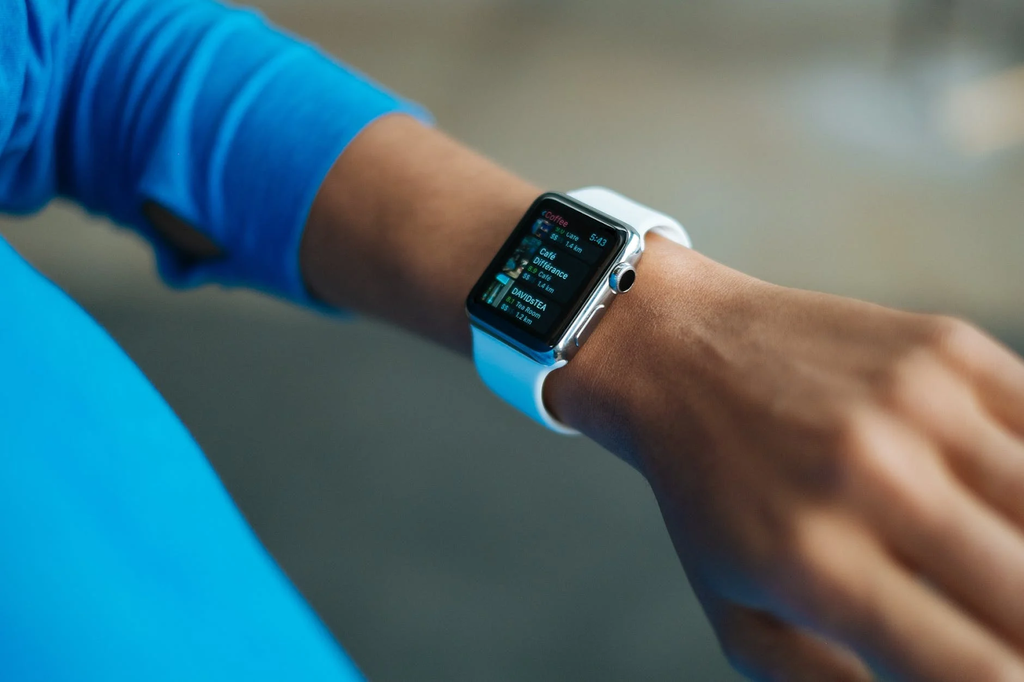There are few things more frustrating than getting a bad night’s sleep — especially when your wearable device lets you know about it as soon as you wake up. Many individuals rely on their smart trackers, such as Fitbits, for more than just step counting.
In recent years, Fitbit has introduced new technology that provides wearers with detailed insights into their sleeping patterns, helping pinpoint a deeper issue that needs to be resolved. While wearable technology makes tracking sleep possible, can a Fitbit track sleep apnea?
ApneaMed walks you through how Fitbits track sleep and if they can reliably diagnose an individual with obstructive sleep apnea.
What Is Sleep Apnea?
Obstructive sleep apnea is a sleep disorder that causes individuals to experience disruptions in breathing while they sleep. From short cessations in breathing to periods lasting as long as a few minutes, sleep apnea affects everyone differently.
The cause of these disruptions is the collapsing of the individual’s soft palate, which causes a blockage in their airway. As a result, you likely snore or choke throughout the night in an attempt to reopen the airway and make it easier to breathe.
Because sleep apnea can lead to serious health problems such as high blood pressure, stroke, and cardiovascular disease, it’s essential to diagnose the sleep disorder early on. However, the individual often isn’t aware that they suffer from obstructive sleep apnea until someone tells them that they’re snoring or gasping for air.
This is why wearable technology, such as a Fitbit, has the potential of informing individuals of issues early on so they can get checked out by a sleep physician.
Tracking Sleep Apnea with a Fitbit
Fitbit and other wearable technology are known for their sleep tracking capabilities — but up until now, they mostly tracked light, deep, and REM stages of sleep. Fitbit is one wearable tech company diving into deeper waters to create a Fitbit that would help track more detailed information, such as oxygen levels, which makes it possible to track breathing disruptions.
By tracking an individual’s oxygen levels throughout the night, the Fitbit will help predict possible health conditions such as allergies, asthma, and sleep apnea. Depending on the severity of the breathing disruptions, the Fitbit can provide you with recommendations for seeing a sleep specialist.
By adding a SpO2 sensor to all of Fitbit’s wearable technology, they’re making their way toward gaining FDA approval to be validated as a medical device for conditions such as sleep apnea. While a Fitbit isn’t currently considered an approved sleep apnea test by the FDA yet, it offers individuals a look into their sleep habits — allowing them to determine if they should seek professional help to improve their sleep.
Get Tested for Sleep Apnea with ApneaMed
If your Fitbit indicates that you’re experiencing breathing disruptions throughout the night, it is beneficial to have a sleep study done to rule out conditions such as sleep apnea. Getting treatment, such as continuous positive airway pressure (CPAP) therapy, makes it possible for you to breathe easier, limiting (or preventing) the breathing disruptions that your Fitbit detected.
ApneaMed makes getting tested for obstructive sleep apnea more accessible than ever by providing individuals with an at-home sleep study that is delivered directly to your front door.
This self-administered sleep study is performed by you, allowing you to do it in the comfort of your own home. During the night, you’ll wear the monitoring device to record your blood oxygen levels, blood oxygen saturation, breathing, and heart rates, which will be analyzed by one of ApneaMed’s board-certified sleep physicians. From there, ApneaMed will create a recommended treatment plan to ensure you’re receiving a good night’s sleep.
ApneaMed offers various home sleep tests and in-home breathing equipment to help treat obstructive sleep apnea. Contact our team to learn more.

